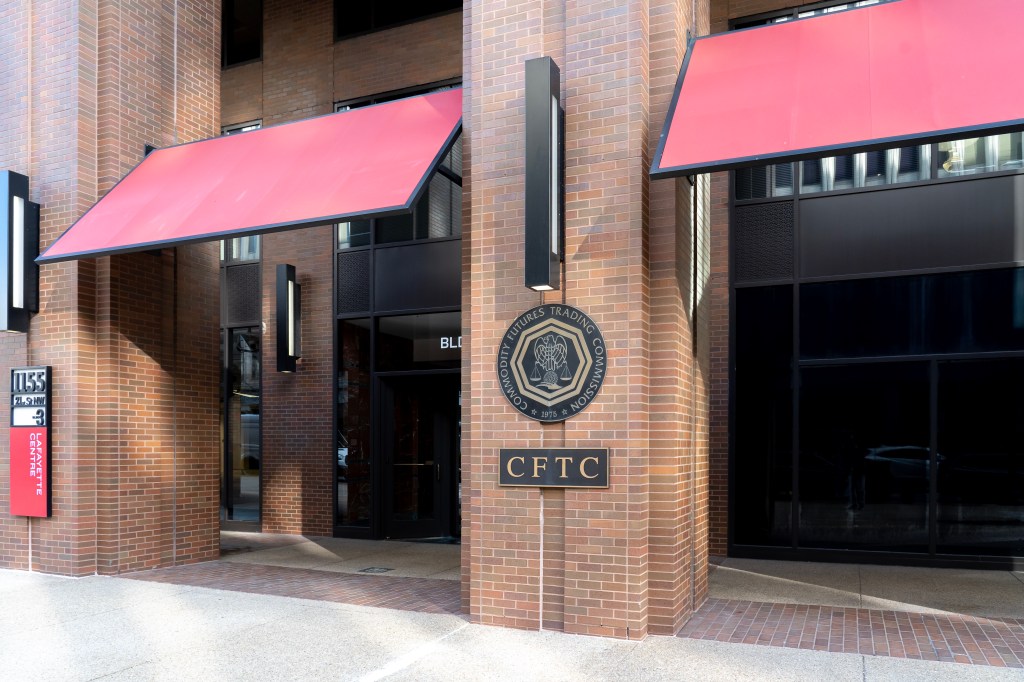The CFTC approved a final rule amending Part 40, the implementation of Section 5c(c) of the Commodities Exchange Act (CEA), which covers the self-certification process for registered entities.
These entities include designated contract markets, derivatives clearing organizations, swap execution facilities and swap data repositories. Part 40 allows them to self-certify
The
Register for free to keep reading
To continue reading this article and unlock full access to GRIP, register now. You’ll enjoy free access to all content until our subscription service launches in early 2026.
- Unlimited access to industry insights
- Stay on top of key rules and regulatory changes with our Rules Navigator
- Ad-free experience with no distractions
- Regular podcasts from trusted external experts
- Fresh compliance and regulatory content every day













